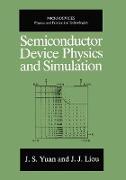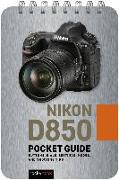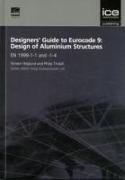Semiconductor Device Physics and Simulation
BücherAngebote / Angebote:
The advent of the microelectronics technology has made ever-increasing numbers of small devices on a same chip. The rapid emergence of ultra-large-scaled-integrated (ULSI) technology has moved device dimension into the sub-quarter-micron regime and put more than 10 million transistors on a single chip. While traditional closed-form analytical models furnish useful intuition into how semiconductor devices behave, they no longer provide consistently accurate results for all modes of operation of these very small devices. The reason is that, in such devices, various physical mechanisms affect the device performance in a complex manner, and the conventional assumptions (i. e. , one-dimensional treatment, low-level injection, quasi-static approximation, etc. ) em ployed in developing analytical models become questionable. Thus, the use of numerical device simulation becomes important in device modeling. Researchers and engineers will rely even more on device simulation for device design and analysis in the future. This book provides comprehensive coverage of device simulation and analysis for various modem semiconductor devices. It will serve as a reference for researchers, engineers, and students who require in-depth, up-to-date information and understanding of semiconductor device physics and characteristics. The materials of the book are limited to conventional and mainstream semiconductor devices, photonic devices such as light emitting and laser diodes are not included, nor does the book cover device modeling, device fabrication, and circuit applications.
Folgt in ca. 15 Arbeitstagen




